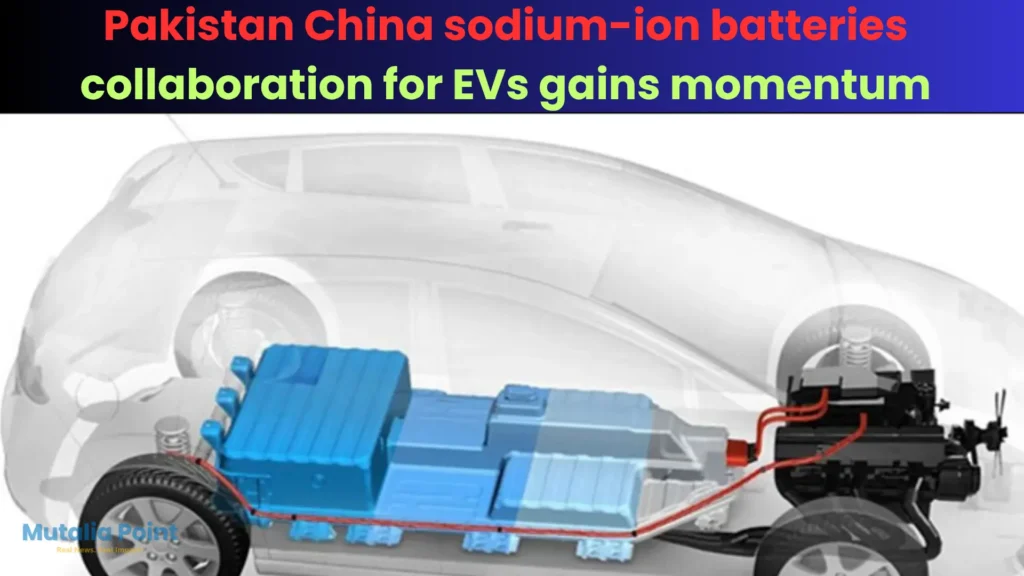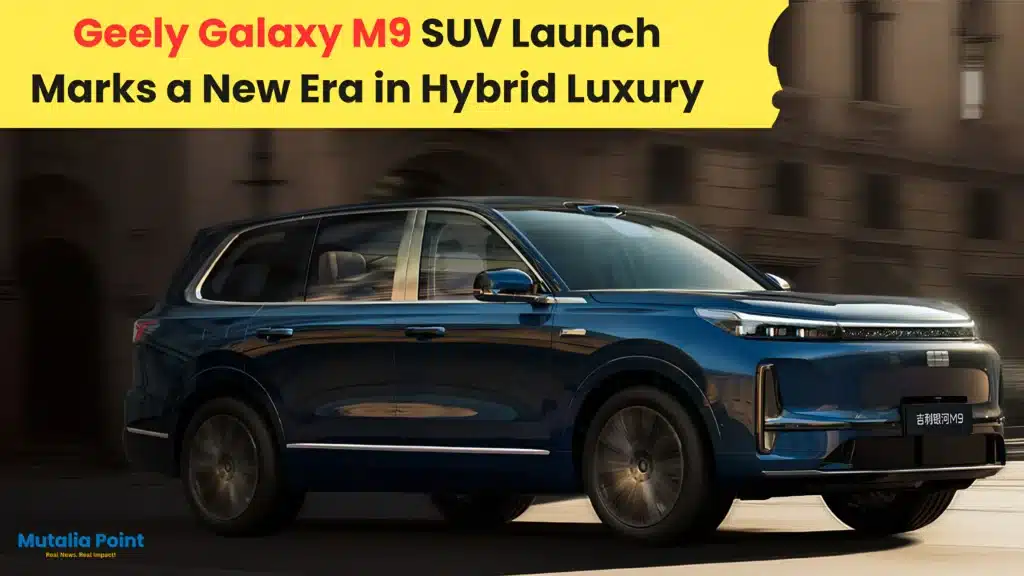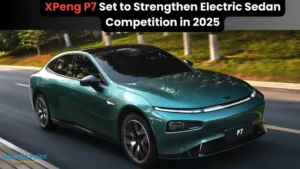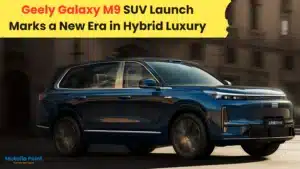Pakistan China sodium-ion batteries collaboration for EVs gains momentum:
Pakistan is looking to deepen its technological partnership with China by seeking assistance in the development of sodium-ion batteries for electric vehicles (EVs), aiming to modernize its transport sector while supporting clean energy goals. Federal Minister for Planning, Development, and Special Initiatives, Ahsan Iqbal Chaudhary, made the announcement during a press conference at the Pakistani Embassy in Beijing, where he underscored EVs as a priority area for future cooperation.
The push for Pakistan China sodium-ion batteries collaboration for EVs aligns with Islamabad’s broader ambition to shift away from fossil fuels and foster sustainable industrial development. Minister Ahsan Iqbal emphasized that sodium-ion technology presents a cost-effective and sustainable alternative to lithium-ion batteries, especially considering the rising global demand and supply chain concerns associated with lithium.
During the briefing, Iqbal highlighted the upcoming Pakistan-China Business Conference, scheduled for September 4, as a critical opportunity to advance bilateral industrial cooperation. “We are expecting participation from over 250 Pakistani companies and more than 200 Chinese firms,” he said. “This forum will provide matchmaking in strategic sectors like electric vehicles, solar power, chemicals, and agriculture.”
He stated that Pakistan’s collaboration with China on sodium-ion battery development would not only reduce costs for EV manufacturing but also attract foreign investment and support job creation in Pakistan. Given China’s dominance in EV technology and innovation, the move is seen as a strategic effort to localize EV production and reduce the country’s carbon footprint.
New momentum in Pakistan's EV industry
Pakistan’s new National Electric Vehicle Policy 2025–2030 sets ambitious targets—30% of all new vehicles sold to be electric by 2030 and a complete shift to net-zero transport emissions by 2060. The policy offers extensive benefits such as tax breaks, infrastructure investment, and subsidies to encourage domestic production and adoption of electric vehicles.
These incentives aim to build investor confidence, particularly among Chinese firms like BYD and Chery, which are already engaged in assembling EVs in Pakistan and expanding charging infrastructure. The country’s EV policy also includes measures to promote research and development in battery technology, further reinforcing the significance of the Pakistan China sodium-ion batteries collaboration for EVs.
Moreover, this collaboration is expected to support Pakistan’s energy security by reducing dependency on imported fossil fuels, while also mitigating environmental pollution in major urban centers.
Ahsan Iqbal described EVs as a “future economic pillar,” emphasizing that localization of sodium-ion battery production could give Pakistan a competitive edge in the region. He encouraged Chinese companies to explore joint ventures, technology transfers, and public-private partnerships in this rapidly growing sector.
Expanding scope of China-Pakistan cooperation
This latest move is part of a broader technological and industrial alliance between Islamabad and Beijing under the China-Pakistan Economic Corridor (CPEC). With EV manufacturing and clean energy integration becoming top priorities, officials believe Pakistan can become a regional hub for affordable, eco-friendly vehicles.
The upcoming business conference is expected to address key hurdles in battery manufacturing, including supply chain logistics, technical skill development, and environmental compliance. By doing so, Pakistan hopes to create a sustainable roadmap for electric mobility, especially in urban and semi-urban areas.
Read more on Pakistan’s Rs9 billion EV subsidy for students and how Chinese firms are expanding their EV footprint in Pakistan as part of long-term bilateral cooperation.
With its strategic shift toward green technology, Pakistan’s collaboration with China in sodium-ion battery development is not just about innovation—it is about securing an economically and environmentally stable future for generations to come.
As global competition in the EV space continues to heat up, initiatives like the Pakistan China sodium-ion batteries collaboration for EVs demonstrate how emerging economies can leverage international partnerships to gain technological parity with developed markets.















